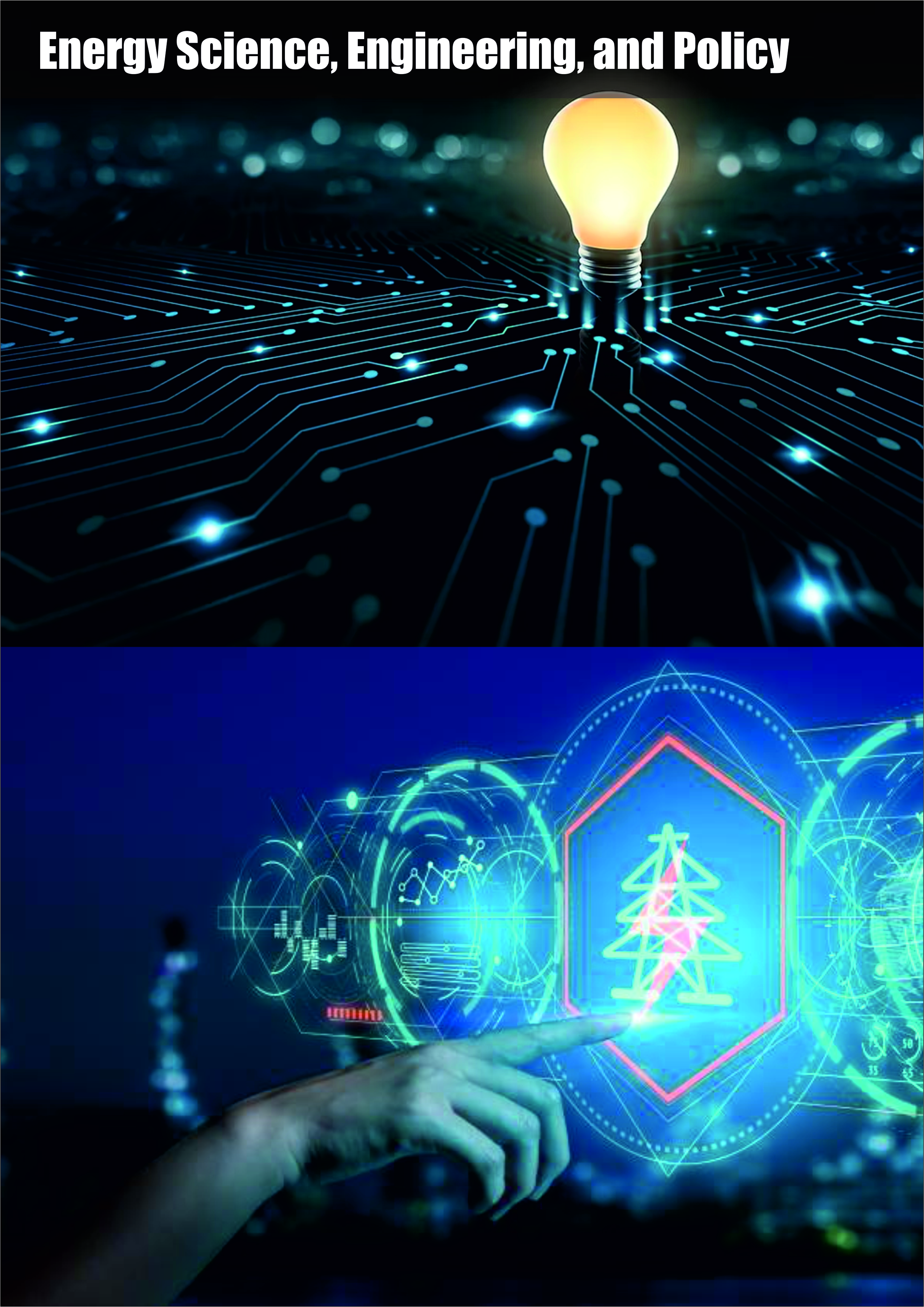Energy Science, Engineering, and Policy

Aim and Scope
Energy Science, Engineering, and Policy promotes interdisciplinary research in energy systems by integrating scientific discoveries, engineering breakthroughs, and policy frameworks. The journal welcomes a broad spectrum of contributions that enhance understanding and implementation of energy solutions across multiple domains.
Key areas of focus include:
Energy Science and Materials: Studies on materials for energy storage, conversion technologies, nanotechnology applications, and the chemistry and physics of energy systems.
Energy Engineering and Technology: Development of renewable energy systems, grid modernization, hydrogen and fuel cell technologies, and efficiency improvements in conventional energy sources.
Sustainable Energy Solutions: Research on energy conservation, lifecycle assessments, and the integration of sustainable energy technologies into existing infrastructures.
Energy Policy and Economics: Analyses of energy policy frameworks, economic modeling, market dynamics, and regulatory strategies.
Environmental and Social Impacts: Examination of energy production’s effects on climate change, ecosystems, and socio-economic resilience.
The journal recognizes the interconnected nature of energy research and encourages contributions that span multiple disciplines. By publishing high-quality research, systematic reviews, policy analyses, and interdisciplinary studies, Energy Science, Engineering, and Policy aims to serve as a leading resource for academics, industry professionals, and decision-makers shaping the future of energy.
Through its diverse scope, the journal seeks to foster collaboration between researchers and practitioners, ensuring that scientific advancements translate into tangible solutions. By addressing challenges at the intersection of science, engineering, and policy, the journal contributes to the global transition toward sustainable and equitable energy systems.

